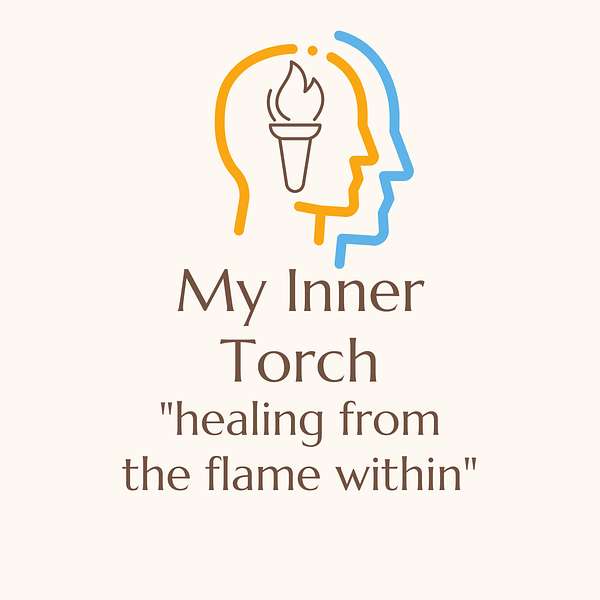
My Inner Torch
My Inner Torch offers direct and personal insight with help for those of us in a relationship with someone who is undiagnosed/diagnosed with a Cluster B Personality Disorder. This is a safe place to come for words of inspiration that draw from my personal experiences and is produced to gain understanding and to find direction as we navigate through the often difficult relationships with those we love who suffer with a Cluster B personality disorder that includes BPD and NPD. PLEASE NOTE: This podcast is NOT for those who suffer with these disorders. This podcast is for survivors of these challenging and difficult relationships.
My Inner Torch
WHY the Cluster B will not love!
Use Left/Right to seek, Home/End to jump to start or end. Hold shift to jump forward or backward.
🎯 Key Takeaways
Core Points:
- Cluster B individuals cannot offer unconditional love due to emotional deficits.
- Their “love” is an illusion based on infatuation, not genuine connection.
- Their past trauma explains behavior but doesn’t excuse emotional damage.
- One cannot “fix” a Cluster B partner; they need self-awareness and therapy.
- Prioritize personal well-being by stopping the pursuit of impossible love.
- Embrace peace by recognizing their limitations.
🔍 Summary
The Illusion of Love with Cluster B Individuals
Individuals with Cluster B personality traits cannot truly love conventionally. Their relationships start with intense “love bombing” that feels like a fairy tale but is actually infatuation and projection. They love how partners make them feel, not the actual person.
Conditional Nature of Their Affection
Their love is conditional, rooted in control and compliance. Formed by childhood experiences of emotional neglect, love becomes a survival mechanism focused on personal needs rather than mutual connection.
Emotional Deficits and the Empathy Void
They lack genuine empathy, seeing others only through their own emotional lens. Their love appears performative—passionate but fleeting and always conditional.
Fear as the Underlying Factor
Profound fear of abandonment drives their behavior. They construct emotional defenses that paradoxically destroy potential connections. Their trauma explains their actions but doesn’t justify emotional harm.
Reclaiming Self-Worth and Moving Forward
Understanding their limited capacity for love is crucial. True love doesn’t cause pain or question one’s worth. Healing involves accepting their limitations and redirecting love towards oneself.